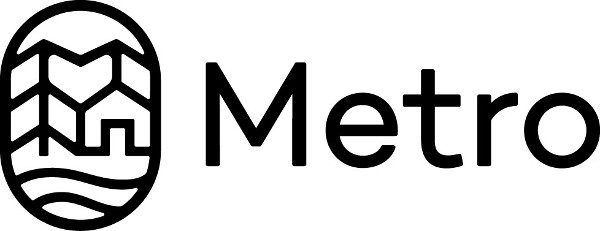OPINION: Electric vehicles can power homes during outages
Published 10:39 am Wednesday, January 31, 2024

- Electric vehicles line up at Downtown Portland's Electric Ave.
As the Portland metro area recently experienced another round of winter storm-related power outages, climate change skeptics immediately voiced concerns about the viability of electrifying energy consumption.
Trending
Skeptics also noted that electric utilities dropped the ball by allowing power outages to extend for days in several neighborhoods. Consumers should know that there is an alternative to shivering in the dark or installing an emergency generator, which is definitively not a climate-friendly solution.
Instead, owners of electric vehicles can rely on the energy stored in their vehicle’s battery to power their home for several days. Plus, EV owners can recharge their batteries at a Level 3, 100 kilowatt hour (KWH) charger in just about one hour. When a battery has discharged to 80% of capacity, an EV can be driven to a charging station, recharged, and then driven home to power the house for several more days.
EVs power essential appliances for several days
Electric vehicles with 100 KWH batteries are basically portable emergency energy sources. While they cannot power an entire home, they can power essential items: a refrigerator, a separate freezer, a 1,000 watt space heater, a microwave, several laptops and area lighting. A 100 KWH EV battery can provide power to all these appliances for two to three days.
With a space heater in use, pipes won’t freeze. By keeping the refrigerator cold, food and refrigerated medications won’t spoil. Though not every modern convenience will be available, this will make enduring a days-long power outage much more tolerable, especially for those living in all-electric residences.
Note: for EVs to be compatible with home appliances, they must be equipped with at least two 120 volt power outlets, like those found in all buildings in the U.S.
More Level 3 EV chargers are needed
In a future where 50% of households have at least one fully electric vehicle, the Portland metro area will need to have the same number of Level 3, 100 KWH charging stations available as the number of gasoline pumps available today.
This will be essential in keeping batteries charged during a widespread power outage, and important during business as usual.
Unfortunately, Level 1 and 2 chargers aren’t very helpful during power outages because the charge time is too long — hours, rather than 60 minutes or less. EV owners won’t want to wait for hours at a Level 1 or 2 charger while there is no power in their home.
Electric utilities should provide free emergency power
Since electric utilities are ultimately responsible for providing electric power to consumers, they should be required to provide power at no cost to EV owners when outages occur.
They can accomplish this by proactively restoring power to designated charging stations once power can safely be restored. Electric utilities can then direct EV owners to a specified charging station within 30 minutes of their home, and provide a specific time range during which they can charge their EV for free.
EV owners will need register with their electric utility for alerts on when and where to charge their vehicles during a power outage. Ideally, charging times will be scheduled between 36 and 60 hours after the outage was first reported and repeated for the duration of the outage. This should prevent EV batteries from fully discharging before they can be recharged. This will also calm homeowners who know that their needs are being accommodated.
Prepare for EV battery use in emergencies
Electric vehicle owners should practice using their EV battery as a backup power supply so that they are prepared during an emergency. They should make sure to have extension cords that can be used to connect their EV to appliances.
On a weekend with normal weather, EV owners can test the set up by connecting extension cords to the EV power outlets, plugging in the desired appliances, and ensuring that they have power for thirty minutes.
Electric utilities can prepare by offering a complimentary inspection service for EV owners to review the connections between EV batteries and appliances. This would ensure that the connection is safe and reliable. Electric utilities also need to advocate for an increased number of Level 3 chargers in their service territory.
By using EV batteries as backup power supplies, power outages can be an inconvenience rather than a potentially dangerous situation.
Have you already used your EV to power your home? If so, send us an email so that we can learn about your experience with this approach.





